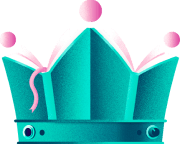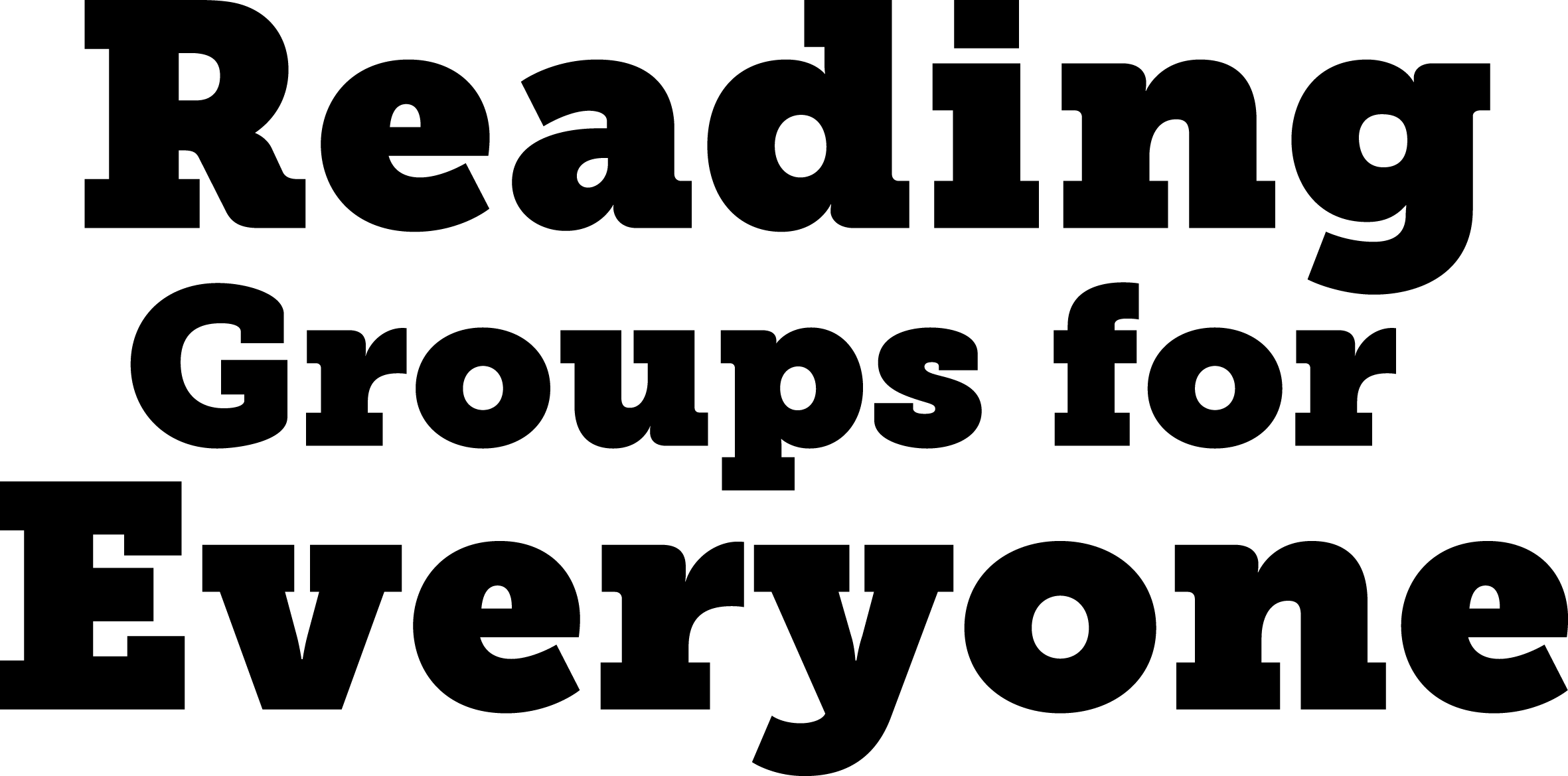
1972–1981
The seventies marked an era of technological advancement and a continuation of the acceleration of decolonisation. Between 1972 and 1981, Bangladesh, The Bahamas, Grenada, Papua New Guinea and Belize would become independent and join the Commonwealth of Nations. In 1977, The Queen’s Silver Jubilee was celebrated as she set off on a year-long tour of Commonwealth countries. In 1979, the Lusaka Declaration added opposition to discrimination on the basis of gender to the Commonwealth’s objectives, expanding its commitment to equality.
Questions for your reading group
- The 1970s introduced a wave of technological advancements that would set the tone for the modern world. What sort of vision of the future does your text(s) represent?
- Many of these books explore family as a key theme. What role do family relationships play in the book(s) you’ve read?
- Some of the texts in this decade feature elements of science fiction. Why do you think the authors have decided to explore this genre for their books?
- Prejudice is a key issue in some of the books in this decade. How is the protagonist of the book(s) you’ve read impacted by prejudice?
- How does your text(s) portray national identity?
- Secrecy works to cloud the truth behind a lot of personal relationships in these books. How does this contribute to character development?
- Many of the texts in this decade are historical novels or involve confrontations with the past. How does your book(s) examine history?
- What other books published between 1972-81 would you recommend?










